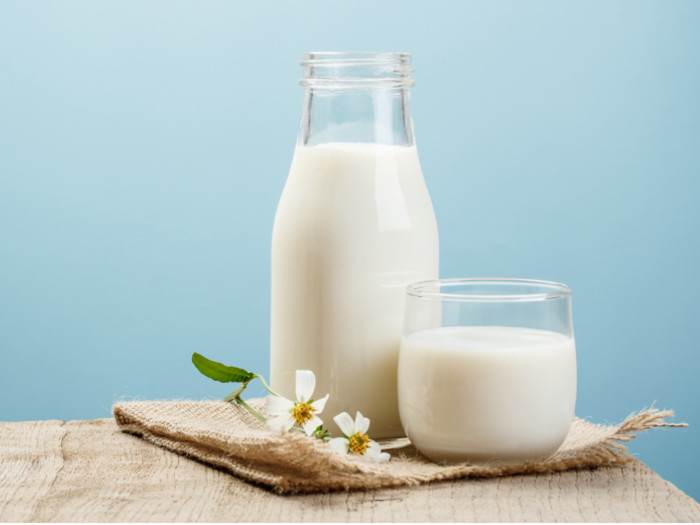What is Camel Milk
Camel milk has been the primary type of milk consumed by many Bedouin cultures for generations. Although it is not in nearly as much supply as cow milk, it has a number of clear advantages over the latter, including more powerful nutrients and better chemical compounds. Camel milk is a more environment-friendly way of obtaining milk, as camels do not need the massive amount of grazing areas like goats and cows, thereby leaving the world a bit greener and with less methane gas.
For generations, it has primarily been used only for subsistence in those cultures, but given the undeniable health benefits of this milk as compared to more traditional forms of milk, there has been a major increase in camel milk farming. However, it is extremely expensive to harvest camel milk, approximately fifty times costlier than cow milk, which makes it considerably pricey.
It may be difficult to find a reliable supply of camel milk in your area, but at some specialty food markets, you are likely to find it. It is also available throughout the Middle East and Northern Africa. It is the kind of milk that we have access to besides human milk, which means that it gives us an ideal nutritive mixture, with far better benefits for our body than other common alternatives. It also includes far higher levels of iron, vitamin C, and protein, as well as less fat.

Health Benefits of Camel Milk
Let’s take a more detailed look at the health benefits of camel milk.
Diabetes Management
Camel milk has a wealth of nutrients, including insulin, which is an essential component of human health. The balance between insulin and glucose is very important for the prevention of diabetes, making it a natural solution for diabetes. [3] If a steady stream of camel milk is included in the diet, it will eliminate the need for insulin injections. If used as a preventative measure, it can also stop you from developing the disease in the first place.
Boosts Immunity
There is a surprisingly high level of proteins and other organic compounds in camel milk, some of which have powerful antimicrobial abilities. This means that it can help to boost the immune system and keep us healthy.
The high concentration of unique organic compounds has been known to have particularly powerful effects on the neurological system and can help in managing certain food allergies, improving the immune system and benefits against autism spectrum disorder (ASD). However, there is limited research available to support benefits against ASD.
Promotes Development
The high level of animal proteins found in camel milk, many of which are not found in goat or cow milk, can help stimulate proper growth and development of bones and organ systems. [8] Protein is one of the most basic building blocks of the body, and this milk provides a lot of it. In fact, in many cultures, this milk is given to malnourished infants and children, as it can improve their health dramatically. This milk was also first used as a way to prolong journeys through the desert when food and other chances of liquid food were limited.
Stimulates Circulation
The high iron content found in camel milk makes it ideal for preventing anemia. Iron is a crucial component of red blood cells, which means that it can increase the blood circulation and oxygenation of the body’s organ systems and extremities. Following childbirth, injury, or a period of malnutrition, camel milk can significantly help maintain health.

Allergic Reactions
Camel milk has been connected to reducing allergic reactions in those who regularly consume it. Furthermore, it does not cause the same sorts of lactose intolerance reactions of cow milk, as it has a significantly different chemical makeup.
Heart Health
With such a healthy and comprehensive set of fatty acids, camel milk can greatly improve the balance of cholesterol in the body. By reducing bad cholesterol in the body, it helps to reduce atherosclerosis, heart attack, strokes, and even helps in lowering high blood pressure
